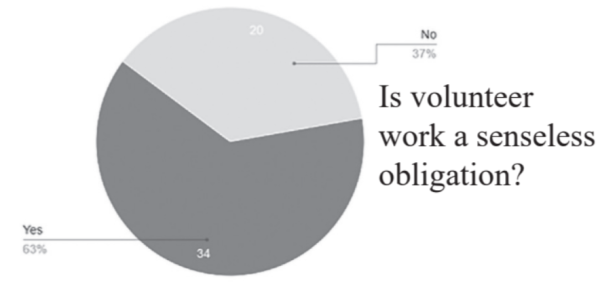The “TikTok ban” deceives

Photo courtesy of Wikimedia Commons
The RESTRICT Act has become known as the ‘TikTok Ban,” despite the bill not even mentioning the popular social media app. This misinformation has spread like wildfire, causing many to be unaware of the true contents of the bill.
The RESTRICT Act, Congress’ supposed path to banning TikTok, is a misleading overreach of power that Americans have been misinformed about.
Within the fine print of the RESTRICT (The Restricting the Emergence of Security Threats that Risk Information and Communications Technology) Act, it can be deduced that the bill doesn’t actually aim to ban TikTok, but rather addresses “an entity subject to the jurisdiction of, or organized under the laws of, a foreign adversary.” In other words, if passed, the bill would grant the Commerce Department permission to take action against certain foreign-owned technology companies and more specifically the “information and communications technology products or services” offered by these companies.
In what is truly most concerning, experts warn the broad wording of the bill contains the potential to ban or restrict a disproportionately wide range of technology. ByteDance, the company that owns TikTok, is the main target of this stipulation due to concerns about user data being shared with the Chinese government. Despite this, many other forms of technology fall under the wide umbrella of “information and communications technology products or services.”
While the RESTRICT Act does not specifically name said products and services, it outlines that any technology that “poses an undue or unacceptable risk” meets the criteria. According to the Electric Frontier Foundation and the Coin Center, VPNs and cryptocurrency transactions are just some of the technologies that are threatened, and in extreme cases, the bill has the capacity to block American access to these technologies. That is not to say that the Commerce Department will actually move to ban any technology, but rather that the blanket wording of the bill grants the department the power to do so.
Not only are these measures unjust, they are misleading to the public. One must read the fine print of the bill in order to understand its true proposed actions, an action lawmakers know the majority of Americans won’t take. Due to the act being painted as a TikTok ban, opposition to the bill has accordingly come from the desire to keep TikTok, a pointless position to take as the act doesn’t even aim to ban TikTok in the first place.
Furthermore, if passed, the bill contains countless opportunities for misuse. In March’s widely publicized TikTok congressional hearing, congress members berated and questioned TikTok CEO Shou Zi Chew and misidentified him as Chinese despite being from Singapore. Throughout the hearing, anti-communist rhetoric was repeatedly enabled to justify opposition to TikTok, including accusations of TikTok being linked to the Chinese Communist Party. One doesn’t have to read between the lines to figure out that motivations to ban TikTok reach far beyond privacy concerns. If anti-communist sentiment is a motivating factor behind banning TikTok, who’s to say that racial, cultural, and political biases won’t be involved in future technological crusades? Genuine security risks presented by a foreign technology must be the sole determiner of banning such technology, not the personal opinions of congress members.
Additionally, it is a governmental overreach to police the technologies that Americans have always been entitled to use. Although banning apps and VPNs would only occur in drastic circumstances, it is not unreasonable to assume that such restrictions are plausible in light of restrictions upon education and expression that have been passed across the country. This makes it all the more important for Americans to become aware of the true content of the bill as this trend of repression continues to sweep the nation.
Finally, the bill outlines civil penalties of up to “not more than $250,000 or an amount that is twice the value of the transaction that is the basis of the violation,” for any person who breaches the act. In this case, penalties would not apply to civilians who download a banned app, but to those who commit “sabotage or subversion,” cause “catastrophic effects” on the “critical infrastructure or digital economy,” or interfere in a federal election, among others.
While the RESTRICT Act doesn’t aim to outrightly and immediately ban foreign technology, it provides the federal government with a pathway to do so. Not only does this infringe upon personal liberty, but it also signals an ever-growing trend of government control and restriction that Americans must be informed about.










